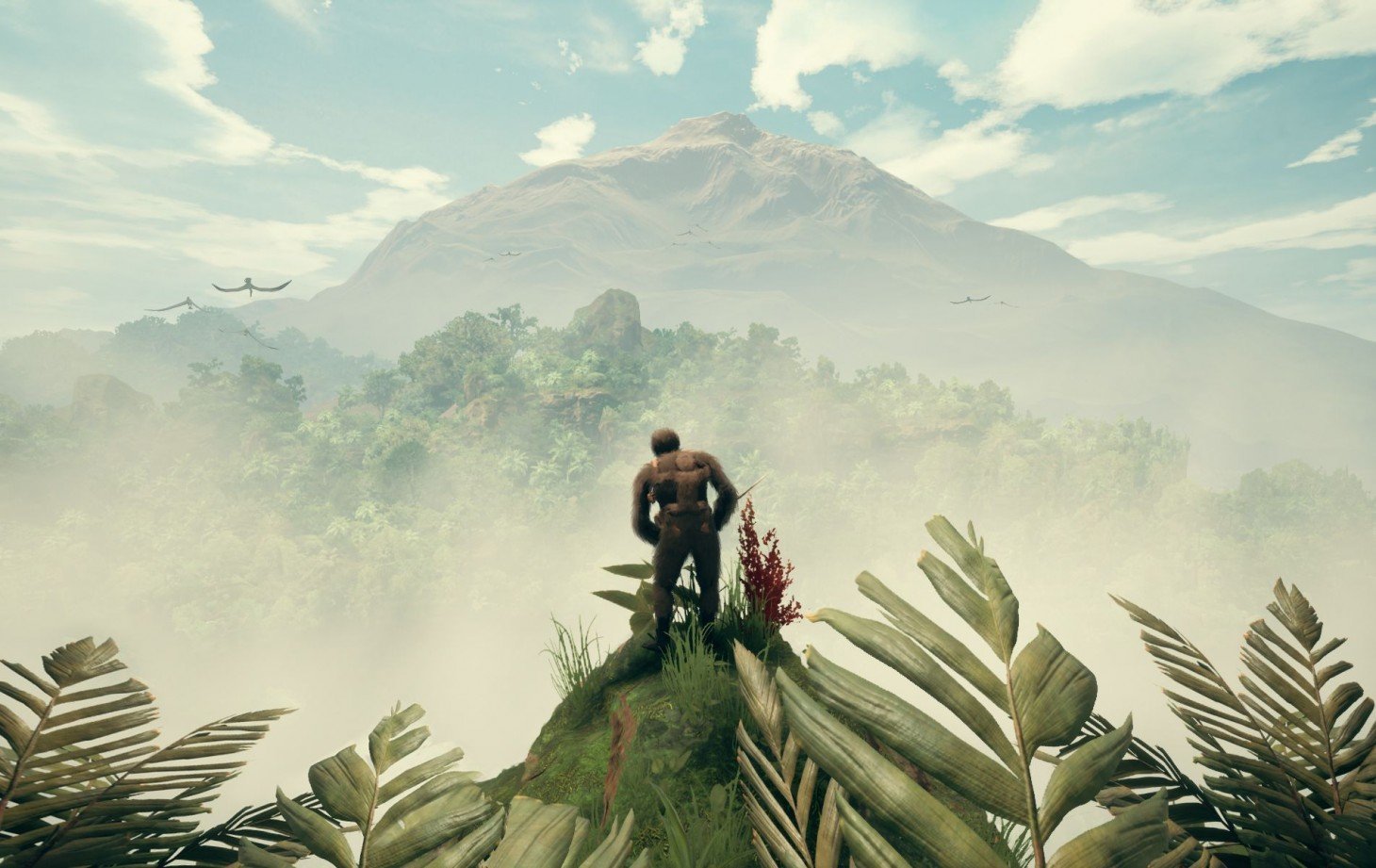Big History Games and the Challenge of Deep Time
Big History Games and the Challenge of Deep Time
Video games are no strangers to big history. God games and civilization simulators regularly encompass thousands, if not millions of years: the Sid Meier’s Civilization franchise (1991-2019) covers human history from the Neolithic to the near future; Ancestors: The Humankind Odyssey (Panache Digital Games 2019) begins some 10 million years ago and stages the evolution of mankind from primitive ape to homo sapiens; and Will Wright’s Spore (Maxis 2008) clocks in with the most expansive timeline, tackling nothing less than the story of life itself—from its microbial origins to its speculative future cruising through space. Set against such grand temporal backdrops, these games are interested in exploring the evolution of life and the development of civilization, but only as stories of progress. They look back at the past, but in the way mountain climbers do, to appreciate how far they have come. Until recently big history games rarely engaged with ecological limitations on expansive growth, showing a much keener interest in the role of science and especially military technology.
However, in the age of the Anthropocene, human history’s bookending by deep time is creeping back in focus. Indeed, since a few years, environmental crises, extinction narratives, and ecological rhythms have re-emerged in both videogames and tabletop roleplaying games. This talk will give an overview of some different examples of games that are less progress-oriented, featuring more cyclical temporalities, in order to dwell ultimately, on the ecocritical potential of deep time game design.
Watch the full talk here:
Laura op de Beke
Laura op de Beke is a game scholar, game maker, and PhD fellow in cultural studies at the University of Oslo. Her recent projects include 'Griefing the Climate Apocalypse in Eco', Long Story: a Deep Time LARP nominated for an IndieCade live action award 2022, and, with the Lifetimes Research Collective, 'Fossilization, or the Matter of Historical Future'. See her work at https://lauraopdebeke.com.
The Manchester Game Centre promotes game studies across a number of disciplines at local, national, and international levels. We deliver knowledge via our public-facing events, workshops, and teaching at our home at Manchester Metropolitan University.
